The customer is always right.
Ah, the age-old saying that many customer service-driven organizations try to live by. There certainly are a lot of companies that take this saying seriously. Some live by it, such as Nordstrom who famously allowed a customer to return a tire back to them even though they don’t actually sell tires (well, at least that’s how the legend goes).
But what about for product managers? Does the customer really know what’s best?
While it’s true that not staying in touch with your customers and end users is a giant mistake, there are ways to listen to customers — and then there are ways that customers can lead you astray. Here are a few things that your customers can (should) do for you, and several customer traps that you don’t want to find yourself in as a product person.
Your Customers Should…
Be on your speed dial: If you’re not constantly talking to customers, there’s a problem. It’s critical for every product manager or VP to be in touch with customers every day, really. Yes, I know that standups, roadmap meetings, and executive sessions can get in the way. It doesn’t matter. With chat and webconferencing tools, there really isn’t an excuse that you couldn’t have several customer conversations in a week. I’m sure your Customer Success team would love if you hopped on to take calls for a couple of hours one day. The point is, you can be in close contact with customers if you made an effort. And it will really help you ensure you never really lose empathy for the customer.
Be able to communicate their biggest pains: Whether you’re a part of a high growth startup team or a larger organization, it’s likely that your company started because at one point, there was a pain so deep that your customers had that your founders decided it was time that a solution existed for them. While your company may have changed significantly since then, the fact still remains that your company exists because it aims to solve a pain for the customer — one that they simply can’t live with any longer. But what is that pain today? How has it changed? Are new pains more important? If you can’t answer these questions about your key customers, it’s time to get back in front of them.
Open up their wallets: If you’ve solved a real pain for them that they can no longer live with, customers should pay you to alleviate it… always. When you’re launching a new product, you might find yourself in a trap of wanting to give your product away for free… just for the first few customers. Don’t. Not even if they’re an “early adopter.” When a customer doesn’t pay for a product, you really don’t know if your product is solving a problem for them. The feedback they give you could be skewed (because hey, who complains about a free product?) — and you won’t get a sense of just how valuable your product is. So sell it. Even in the beginning. Even to the first customer.
Despite all of these things that your customers should do for you, there are a couple of things that they simply can’t do for you:
Tell you what products to make: Remember, this is always your job. The customer isn’t responsible for telling you what to do. Most customers don’t even have time for dreaming up the best new product idea (and you probably wouldn’t want them to). Let them communicate their problems to you — and you solve that problem with your products.
Speak for everyone: One customer is just that: one customer. We all might have our favorites — that person who’s always willing to take your call or allow you to visit them to get good intel. That’s great. Just make sure that you realize that they’re representing themselves and their unique situation. It’s critical to build relationships with all sorts of different customers in order to get the diverse perspective you need.
The fact is, customers should be important to every product manager. If anything else, you should realize that it’s the customers and their pains for which your organization and job actually exists. So build great relationships with them. Just remember — they can’t do everything for you.


